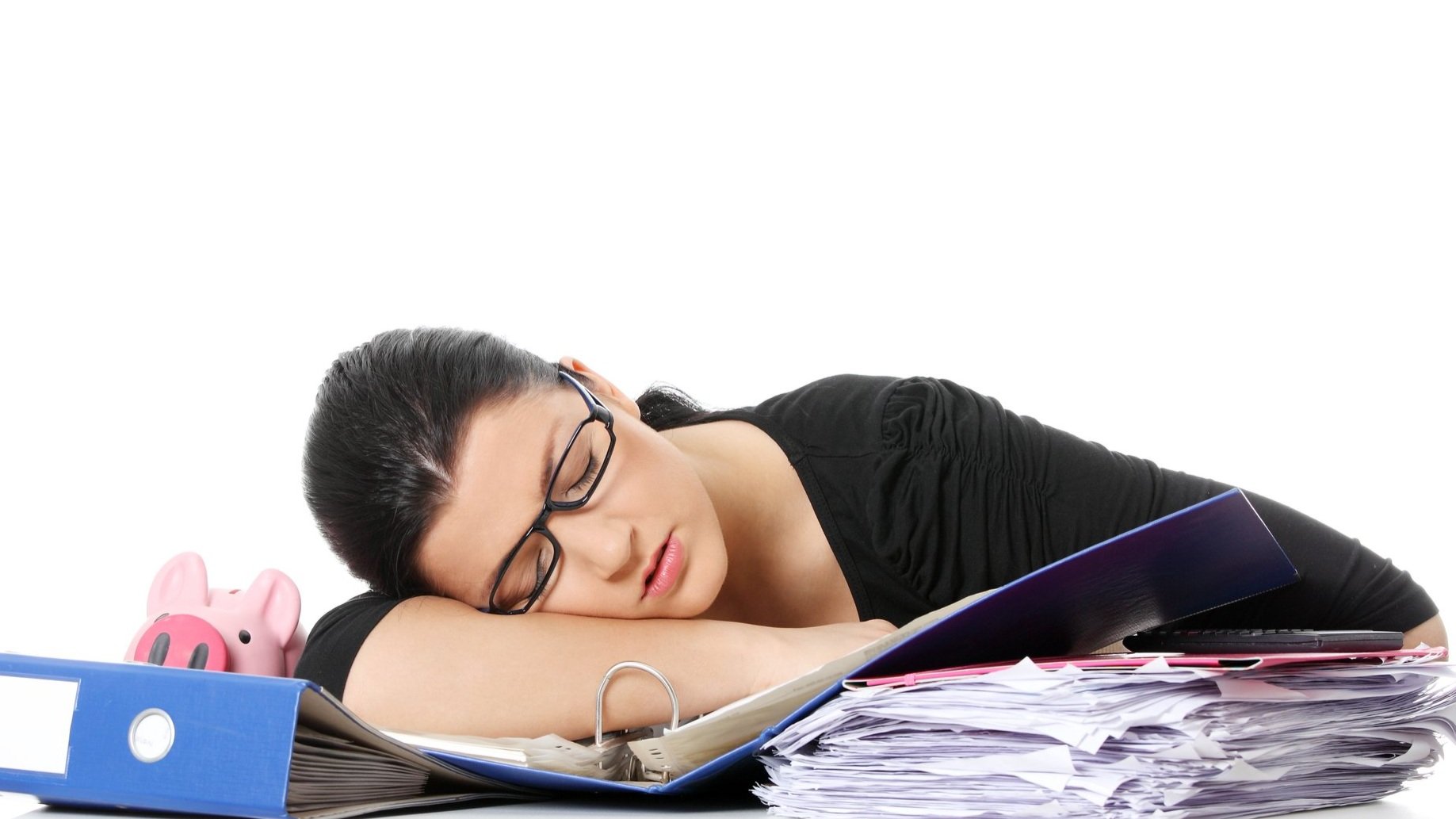Hydration: Why is it so important?
My client's are familiar with me reminding them how important it is not to get dehydrated, I can be a bit of a stuck record when it comes to this topic! After a reflexology or massage treatment I always encourage clients to drink, and hope they will carry on with good hydration in their every day lives. But, I know its difficult, I'm as guilty as anyone of forgetting to drink! In this lovely warm weather it is even more crucial. I've gathered together some top tips and information on why hydration matters to hopefully remind us all.
Why is water important? Your body uses water to help with many different processes, including:
- Transporting nutrients and oxygen around your body.
- Getting rid of waste products
- Controlling your temperature
- The smooth function of your digestive system
- Drinking enough water will also help to keep your skin healthy.
- Effective comfortable joint mobility.
- Maintaining salt levels, vital for health.
The Food Standards Agency (FSA) recommends that if you live in the UK (or somewhere with a similar temperatures), you should drink 1.2 litres (6-8) glasses of fluid every day. As well as water, the FSA recommends drinking semi-skimmed milk, diluted squash and diluted fruit juice. So, it doesn't have to be water, but your double espresso or pint of cider won't help!
When you're active, or if the weather is particularly hot, there's a greater chance that you will become dehydrated. To prevent this you should increase your fluid intake. As different people sweat diffferent amounts, it's very difficult to provide specific guidelines about how much you should drink. However, you should drink more than normal while exercising, and it's particularly important to keep well hydrated if you're exercising in warm conditions.
Some individuals also need to consider if they need more fluid. If you’re pregnant, it’s important that you drink enough as you may be more likely to develop constipation during pregnancy. Always check with your midwife for full advise. Babies and infants have a lower body weight and are sensitive to even small amounts of fluid loss. Older people may be less aware that they are becoming dehydrated. If you have specific health concerns please speak to your doctor about your hydration needs.
What is dehydration? It’s important to keep your water content topped up, otherwise dehydration can occur. This is a lack of water in your body that happens when you lose more water than usual, such as through vomiting or diarrhoea, or you don’t drink enough, perhaps because you’re ill. Other causes for dehydration include sweating a lot or drinking too much alcohol.
- Dark, concentrated urine
- Headache
- lethargy
- Confusion
- Mood swings
- Dry lips
- Thirst
- Try to carry a bottle of water with you so that it’s constantly available.
- Drink a glass of water with every meal.
- Eat plenty of fruit and vegetables as they contain lots of water.
- If your job means you’re sitting at a desk all day, try to keep a glass of water next to you.
- Drink a glass of water before you exercise, as well as during and after.
Back to our Home page

